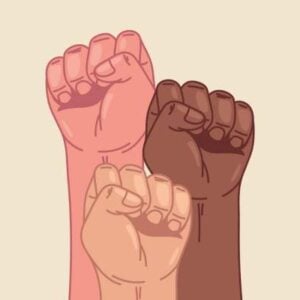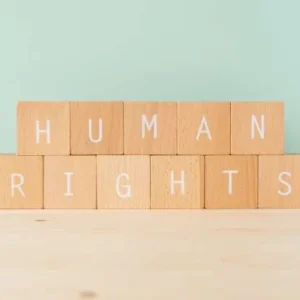The Tanzanian government has intensified political repression ahead of the general elections scheduled for October 29, 2025, raising serious concerns about the fairness and credibility of the vote. Authorities have suppressed opposition parties and critics of the ruling Chama Cha Mapinduzi (CCM) party, restricted media freedom, and failed to ensure the independence of the electoral commission. Human Rights Watch has called for immediate reforms to protect the integrity of the elections, urging the government to stop muzzling dissenting voices and engage in measures that guarantee free and fair electoral processes.
Between July and September 2025, Human Rights Watch documented the experiences of 24 civil society activists, journalists, academics, lawyers, and opposition members, including eight victims of politically motivated abuses. The organization recorded ten cases of assault, harassment, abduction, and torture, highlighting the severe risks faced by those speaking out against the government. High-profile cases include the abduction of opposition activist Mpaluka Nyagali in Mbeya, who remains missing, and the brutal attack on government critic Japhet Matarra in Dar es Salaam. These incidents, along with evidence from local human rights organizations, underscore the escalating dangers for political activists, religious leaders, and journalists.
Opposition parties and leaders have been directly targeted. Chadema, the main opposition party, was barred from elections, while its leader, Tundu Lissu, faces trial on fabricated charges including treason. The nomination of ACT-Wazalendo’s presidential candidate Luhaga Mpina was blocked by the electoral commission despite a High Court ruling in his favor, raising further concerns about the commission’s independence. Article 74 of Tanzania’s constitution allows the president to appoint and dismiss commission members, reinforcing long-standing fears that the body cannot act impartially, particularly in overseeing presidential elections.
Restrictions on the right to vote have also affected Zanzibar, where thousands of residents have struggled to obtain identity cards necessary for voter registration, particularly if perceived as opposition supporters. The government’s control over local registration offices has effectively limited electoral participation, undermining the democratic process.
Media freedom has been severely curtailed in the lead-up to the elections. The Tanzania Communications Regulatory Authority (TCRA) has suspended the licenses of major newspapers, shut down over 80,000 websites and online accounts, and blocked access to platforms including X, Clubhouse, Telegram, and JamiiForums. Journalists have faced direct threats, demands to remove content, and harassment, creating a chilling effect that has stifled independent reporting and public discourse.
Attacks on human rights defenders and religious leaders have intensified. Individuals have been abducted, assaulted, or subjected to torture for criticizing the government, while churches and religious institutions that speak out against abuses have faced closures and sanctions. High-profile incidents include the abduction of media owner Maria Sarungi Tsehai in Nairobi, attacks on Father Charles Kitima, and repeated threats against journalists and activists.
Overall, Tanzania’s political and pre-election environment is marked by systemic repression, undermining opposition participation, voter rights, media freedom, and civil society. Human Rights Watch and international observers warn that unless the government ceases its crackdown, implements meaningful reforms, and ensures the independence of the electoral commission, the October elections are unlikely to reflect the will of the people.






